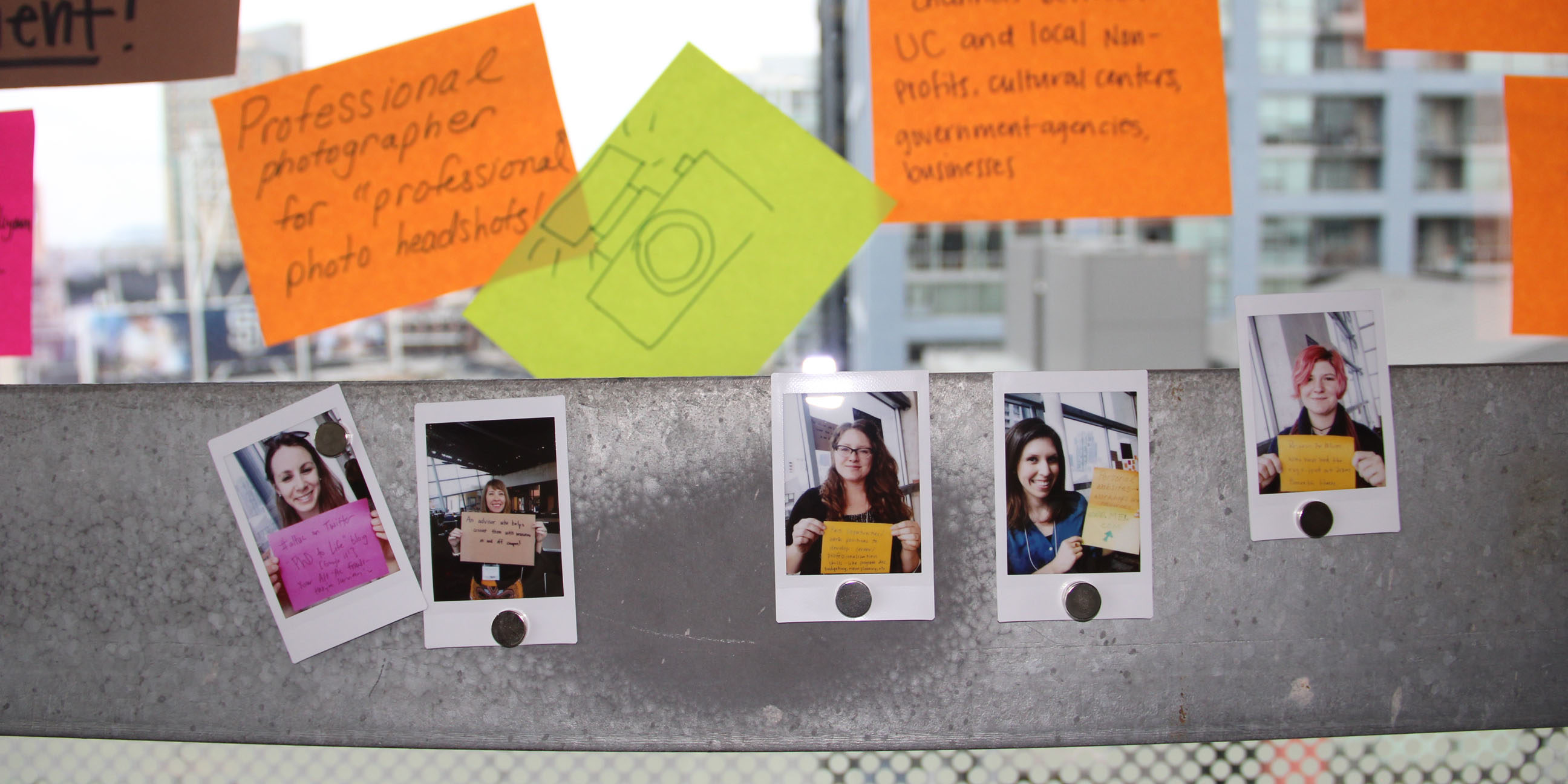If we take seriously the maxim that we should try to reduce the amount of suffering in the world and increase the amount of good, then we need to take a harder look at the graduate school experience. As far as populations go, most would not label PhD students as particularly vulnerable: Many of us excelled at our undergraduate institutions, and we continue to perform well in our graduate programs. We conduct research on issues that we are passionate about. We seem to have clear career goals, we’re on top of deadlines, and we’re fantastic multi-taskers. From the outside looking in, we totally have it together.
[su_pullquote align=”right”]We need a space to talk about our struggles, to theorize about how best to resolves these issues, and to discuss the resources available for implementing interventions.[/su_pullquote]This perception isn’t entirely unwarranted. We generally perform admirably while working as student, teacher, and scholar. Each of these roles represents a full-time job—none of which can we attend to fully—and we often entirely forego family, friends, and self-care in order to sustain our pace. Given the pressure of navigating our multiple roles, we need a space to talk about our struggles, to theorize about how best to resolves these issues, and to discuss the resources available for implementing interventions.
In both the Sacramento and San Diego Graduate Career Workshops, Humanists@Work offered a session titled Theorizing our Moment, which provided UC graduate students an opportunity to consider questions that are relevant to the work of the humanities PhD. Theorizing our Moment was created in the wake of the first Graduate Career Workshop in Berkeley, CA. Graduate student participants asked for a space to engage in theoretical work focusing on issues humanities PhD students face alongside the practical components of the workshop. This session allows graduate students to open a dialogue about the needs of and resources available to graduate students across the UC Campuses, as well as the opportunity to build knowledge about the state of the humanities PhD.
In the most recent workshop held in Sacramento, we focused the session on the following five questions:
- What does humanistic teaching look like?
- What does full financial support look like?
- What does career prep in the humanities look like?
- What does self-care and good mental health look like?
- What does a humanist look like? Why and how do our personal and professional histories matter?
Conversations around these questions started during the morning session as a way for attendees to introduce themselves and talk about the concerns that brought them to the workshop. During the morning session, participants engaged in table work, brainstorming answers to these questions (and generating more questions) on post-it notes and submitting them to stations around the room. Each table was later assigned a question and encouraged to connect what they learned throughout the day to this question and other related questions that arose when making these connections. During the evening Theorizing our Moment session, participants delved more systematically into their question for a table-based discussion and later shared their results with the room. Our intention was to give participants an opportunity to ask questions in the morning, gather information throughout the day, and theorize solutions to take home by the end of the workshop.
Much of our discussion centered on the role of faculty as graduate mentors and advisors within our departments and emphasized three key areas:
- Mental Health & Self Care: Many attendees at the Theorizing our Moment Session focused on the question of graduate student mental health and self-care. We learned that graduate students want more frequent and public conversations about mental health within academic departments. This conversation should be conducted by faculty and should begin at graduate student recruitment in order to ensure that everyone is getting the support they need from the beginning of their programs. One participant suggested that include self-care a part of the academic professionalization process and connect the issue with adequate mentorship and advising.
- Career Mentorship: While we recognize that faculty may lack the experience to train graduate students for careers outside of the academy, we do believe that faculty mentors should be thinking more broadly about the kinds of jobs that humanities PhDs will pursue and working towards building the skills necessary to mentor students in these opportunities. At the very minimum, faculty should encourage graduate students to seek out information about non-academic careers and should be informed of the relevant resources on campus.
- Resources &Training: In particular, we would like to open more direct lines of communication between graduate students, humanities departments, graduate divisions, and other campus offices. This will make it easier for graduate students to access and use available resources and training. It will also allow graduate students to contribute to our own professionalization and give us a say in the sorts of resources and training provided on campuses.
[su_pullquote align=”right”]We believe across the board that formal support for peer-mentorship schemes would allow graduate students the opportunity to learn from one another’s expertise.[/su_pullquote]One theme I notice across all three areas of discussion was the importance of engaging in more public conversations about graduate student needs and creating lines of communication that enable graduate students to express those needs effectively. In addition, we believe across the board that formal support for peer-mentorship models will provide graduate students the opportunity to learn from one another’s expertise. After all, we look into resources, learn coping mechanisms, and navigate university bureaucracy on our own time. It would be good if we could benefit others in the process.







